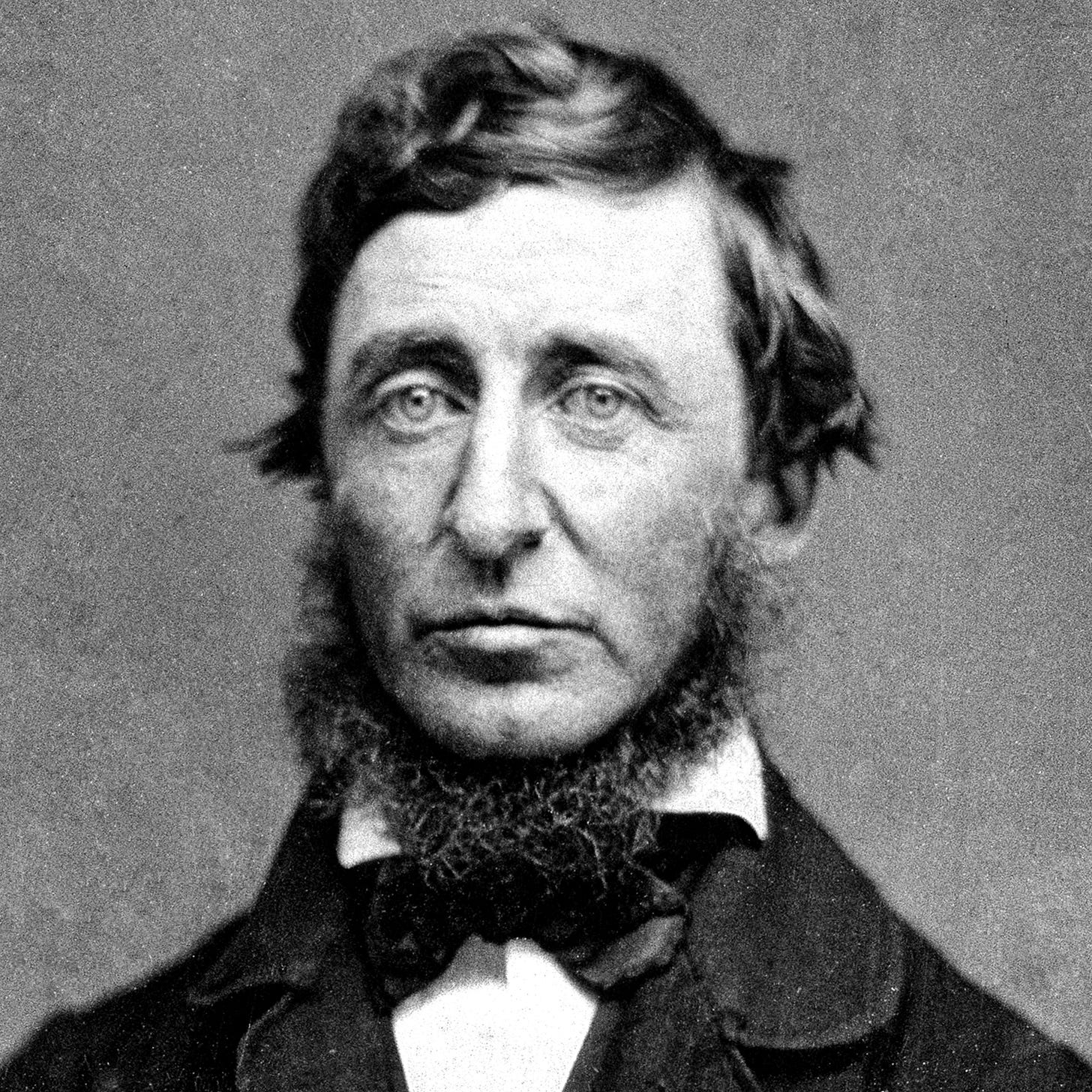1) Thoreau, Pauline inversion, selfish spending, opportunity cost, neocolonial inequality:
2) McCarthy, working, writing, whiteness:
I’ll leave you with some gems from Walden:
Old shoes will serve a hero longer than they have served his valet,—if a hero ever has a valet,—bare feet are older than shoes, and he can make them do. Only they who go to soirées and legislative halls must have new coats, coats to change as often as the man changes in them. But if my jacket and trousers, my hat and shoes, are fit to worship God in, they will do; will they not? Who ever saw his old clothes,—his old coat, actually worn out, resolved into its primitive elements, so that it was not a deed of charity to bestow it on some poor boy, by him perchance to be bestowed on some poorer still, or shall we say richer, who could do with less? I say, beware of all enterprises that require new clothes, and not rather a new wearer of clothes.
The farmer is endeavoring to solve the problem of a livelihood by a formula more complicated than the problem itself. To get his shoestrings he speculates in herds of cattle. With consummate skill he has set his trap with a hair spring to catch comfort and independence, and then, as he turned away, got his own leg into it. This is the reason he is poor; and for a similar reason we are all poor in respect to a thousand savage comforts, though surrounded by luxuries. As Chapman sings,—
“The false society of men—
—for earthly greatness
All heavenly comforts rarefies to air.”And when the farmer has got his house, he may not be the richer but the poorer for it, and it be the house that has got him.
Most men appear never to have considered what a house is, and are actually though needlessly poor all their lives because they think that they must have such a one as their neighbors have. As if one were to wear any sort of coat which the tailor might cut out for him, or, gradually leaving off palmleaf hat or cap of woodchuck skin, complain of hard times because he could not afford to buy him a crown! It is possible to invent a house still more convenient and luxurious than we have, which yet all would admit that man could not afford to pay for. Shall we always study to obtain more of these things, and not sometimes to be content with less? Shall the respectable citizen thus gravely teach, by precept and example, the necessity of the young man’s providing a certain number of superfluous glow-shoes, and umbrellas, and empty guest chambers for empty guests, before he dies?
I went to the woods because I wished to live deliberately, to front only the essential facts of life, and see if I could not learn what it had to teach, and not, when I came to die, discover that I had not lived.





